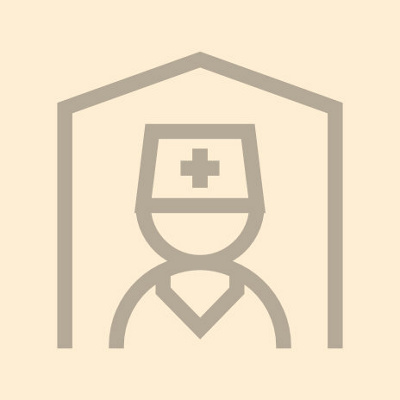Here’s what you need to know to keep your kidneys functioning optimally and prevent kidney disease.
Your kidneys are vital organs: not only do they filter the blood of toxins, remove waste and regulate the level of fluids within the blood, but they also play a role in bone health and the production of Vitamin D,” says Dr Geoffrey Bihl, a physician and nephrologist at Mediclinic Vergelegen. As a result, any threat to their health could have a major impact on your wellbeing. Kidney disease is not reversible and, in its later stages when it has progressed to kidney failure, treatment options are confined to dialysis or transplant.
The problem is that there are usually few signs of kidney disease, with symptoms presenting only once the condition has advanced. That’s why it’s critical to safeguard the health of your kidneys.
Know if you’re at risk of kidney disease
Kidney disease is closely linked to lifestyle conditions like diabetes, high blood pressure, heart disease and obesity. If you live with any of these conditions, make a point of asking your doctor to screen your kidney function regularly. Keep track of the results of these tests, as they might point to a decline in kidney function. Follow your healthcare professional’s advice to manage existing conditions and maintain your glucose and blood pressure near normal levels to help preserve kidney health.
Watch what you eat
A healthy diet is crucial for overall and kidney health. Focus on fresh fruits, vegetables, low-fat dairy, and whole grains like whole wheat bread, brown rice, and oats. Limit sugar and salt intake. Include lean proteins such as chicken, fish, and lean meat, using grilling instead of frying. However, be cautious with protein intake, especially if you have kidney disease and consult your healthcare professional if unsure. If you have high blood pressure or diabetes, follow specific dietary guidelines for your condition. A balanced diet and regular exercise are key to maintaining a healthy weight, essential for kidney health.
Know your medication
Certain medicines may damage your kidneys, so it’s vital to consult your healthcare professional before taking any, especially if you know you have kidney disease or are at risk of developing it. Never take any medication that hasn't been prescribed to you, including pills from friends or other family members. This is especially important for antibiotics, as kidney disease patients often require lower doses. Over-the-counter pain relievers, like aspirin, naproxen, and ibuprofen, can also harm your kidneys, so use them sparingly. If you have kidney disease, be sure to tell your doctor, as you may need to avoid certain prescription laxatives or contrast dye used in tests like MRIs.
Avoid alcohol and tobacco
It’s always best to avoid smoking and drinking too much alcohol, but this is especially important for anyone concerned about their kidney health. This is because smokers tend to have protein in their urine and are more likely to experience kidney damage. Alcohol makes it harder for your kidneys to filter blood properly. Since alcohol is a toxin, your kidneys must work extra hard to remove it, which puts a strain on them.
Further publications on the topic
Doctors 1


